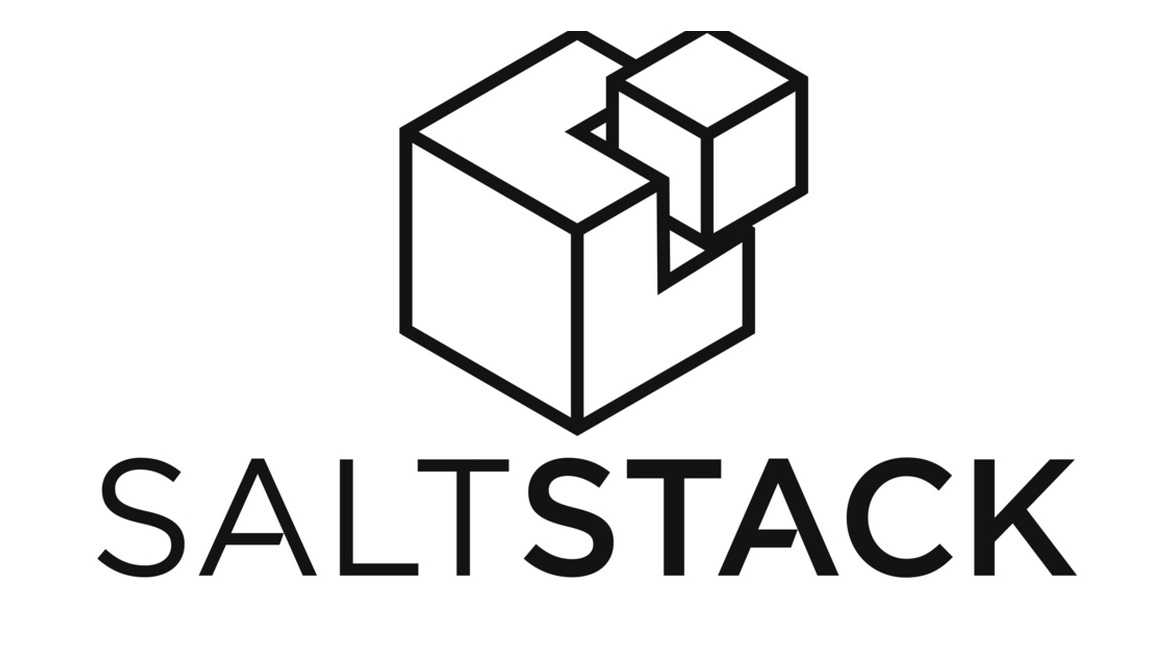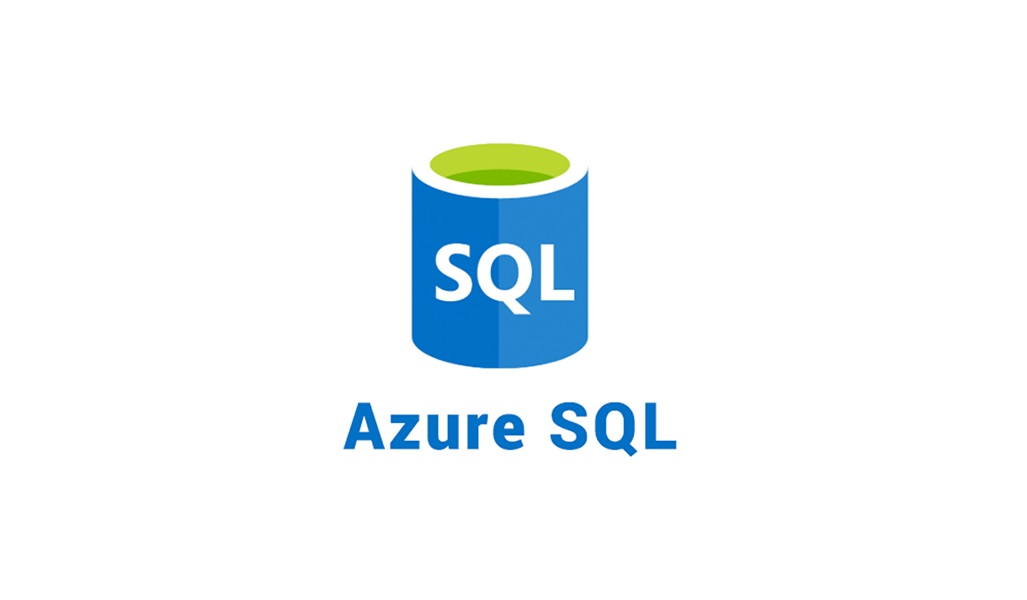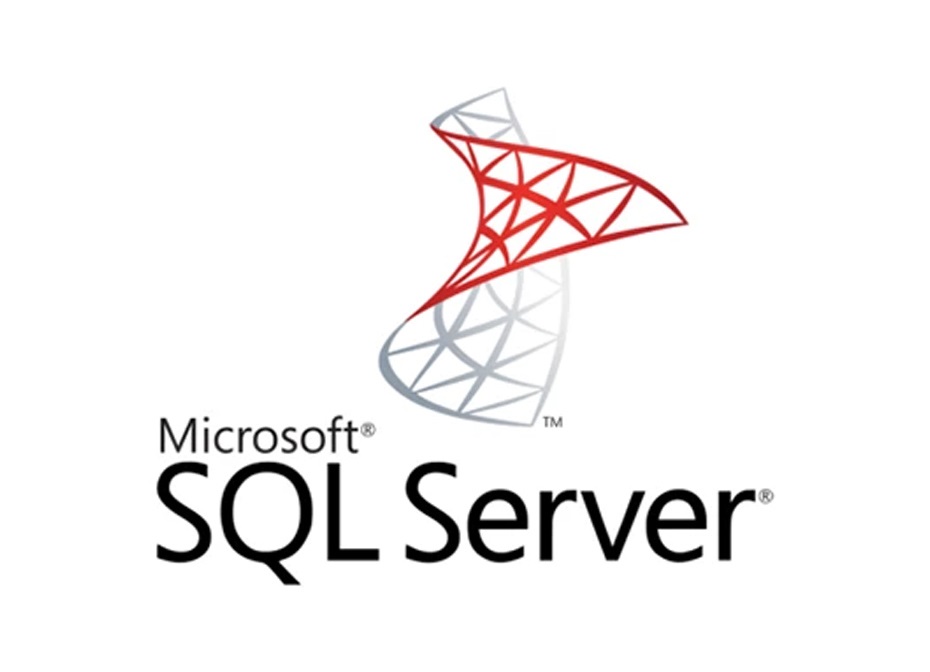Why you should master Puppet DevOps
Published
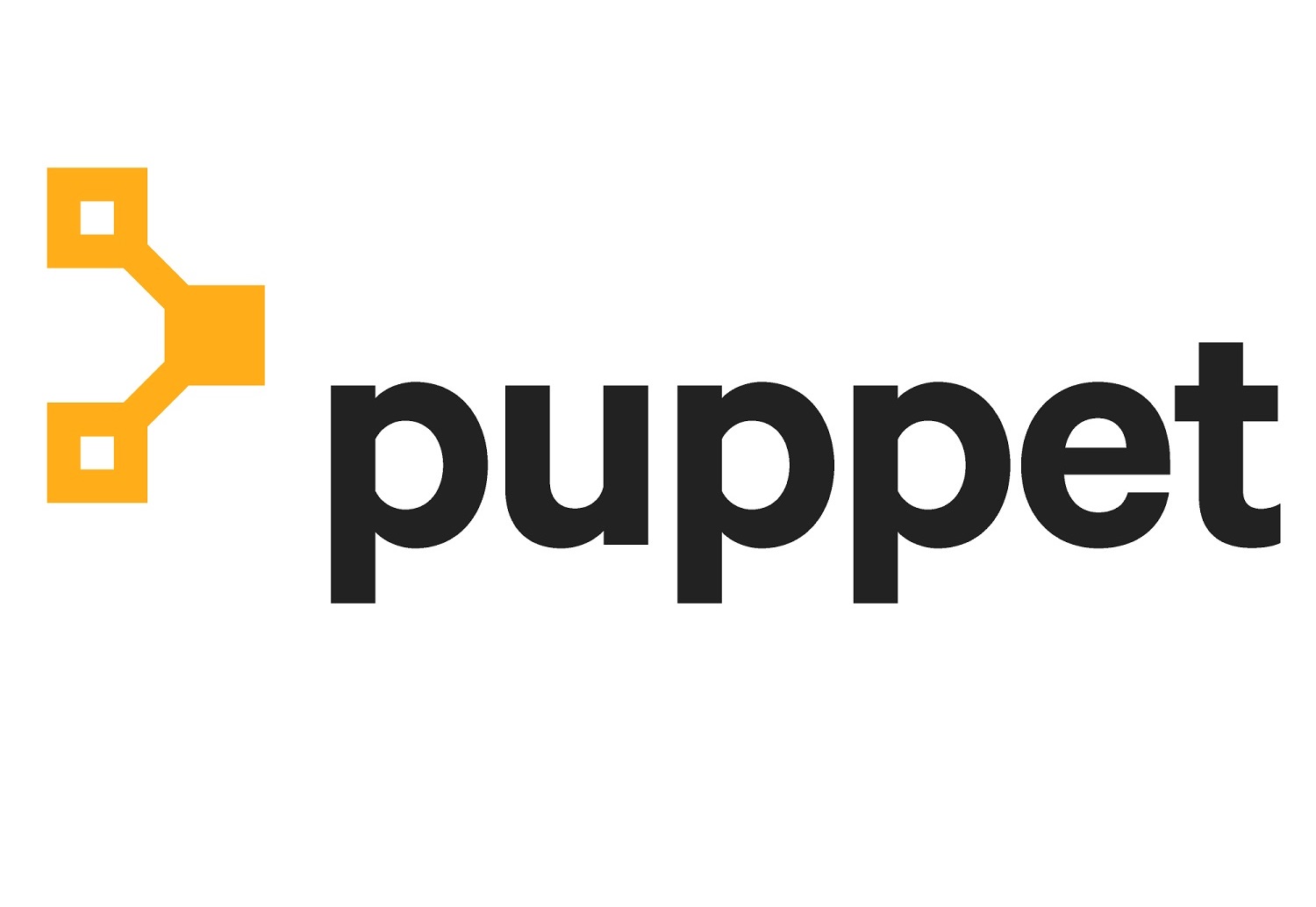
Puppet is a DevOps tool and open source platform for data center and cloud infrastructure configuration management. It is a declarative, agent-based automation solution that provides an easy way to automate and standardize the configuration of IT infrastructures.
Puppet allows you to write configuration files and install, configure, and manage applications on multiple servers on your network. The platform uses a master-slave architecture where the Puppet master defines and distributes the configurations to the Puppet agents on the nodes in the network.
Puppet is written in Ruby and offers an extensive library of modules and resources created by the community. It also offers a graphical user interface called Puppet Enterprise that makes configuring and managing resources easier.
Overall, Puppet enables rapid and efficient deployment of applications and services, resulting in greater IT productivity and efficiency.
How performant is Puppet DevOps?

Those : intellipaat.com
The performance of Puppet DevOps depends on various factors, such as the size and complexity of the IT infrastructure, the number of nodes managed by Puppet, the number of configuration files and modules applied to the node, and the hardware Specifications of the servers running Puppet.
Typically, Puppet is very performant and scales well for large IT environments with hundreds or thousands of nodes. It is also capable of quickly distributing configuration changes and automating automated workflows, resulting in greater efficiency and productivity.
Puppet uses caching and parallel processing to improve performance and accelerate the distribution of configuration changes. In addition, it also provides features such as troubleshooting and debugging to ensure the performance and reliability of the IT infrastructure.
What components does Puppet DevOps consist of?
Puppet DevOps consists of the following components:
- Puppet Language: A proprietary programming language designed for configuration management.
- Puppet Agent: An agent that runs on each node and retrieves configurations from Puppet servers and applies them to the node.
- Puppet Server: A server where the configuration files and modules are stored and managed.
- PuppetDB: A database that stores information about IT infrastructure and configurations and can be used for queries and reports.
- Hiera: A tool for managing configuration data and variables.
- Facter: A tool for collecting information about the IT infrastructure and nodes managed by Puppet.
- Modules: Predefined and reusable configuration files that handle specific functions such as configuring network settings, security policies or software installations.
- Puppet Forge: A public repository of Puppet modules used by the Puppet community to share and discover modules.
These components work together to automate and simplify configuration management in an IT infrastructure. It uses a declarative language that allows administrators to describe the desired configuration without having to worry about the implementation details.
How much does Puppet DevOps cost?
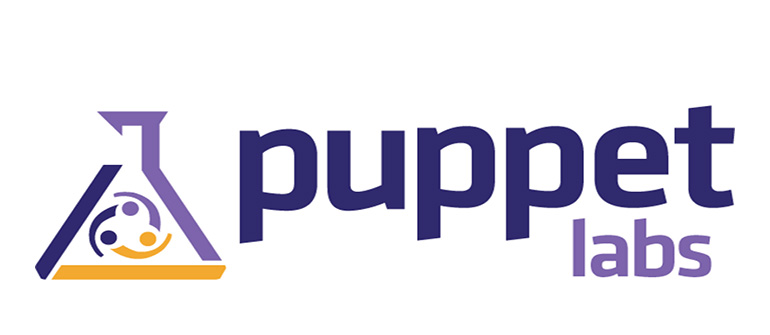
Those : devops.com
Puppet DevOps is open source software and can therefore be downloaded and used free of charge. However, there is also a paid version called Puppet Enterprise that offers additional features and tools such as advanced security features, reporting and analytics, and extended support. Puppet Enterprise pricing varies depending on the size and needs of the organization and can be requested from Puppet Inc.
Which companies use Puppet DevOps?
Some of the companies using Puppet DevOps include Google, Red Hat, IBM, Intel, Spotify, Docker, Cisco, Salesforce, and GitHub. It is also used by many government agencies and educational institutions.
How difficult is it to scale Puppet DevOps?

Those : ctxsolutionsgroup.com
Puppet DevOps offers good scalability and can easily scale from small to large environments. However, scalability depends on various factors such as the size and complexity of the infrastructure and the number of resources to be managed.
To effectively scale Puppet DevOps, it is recommended to implement best practices and methodologies such as the use of Puppet servers and agents, load balancing, failover and recovery mechanisms, and cluster management tools.
By scaling Puppet DevOps, organizations can automate the management of hundreds or thousands of systems and improve the efficiency, consistency, and security of their IT infrastructure.

